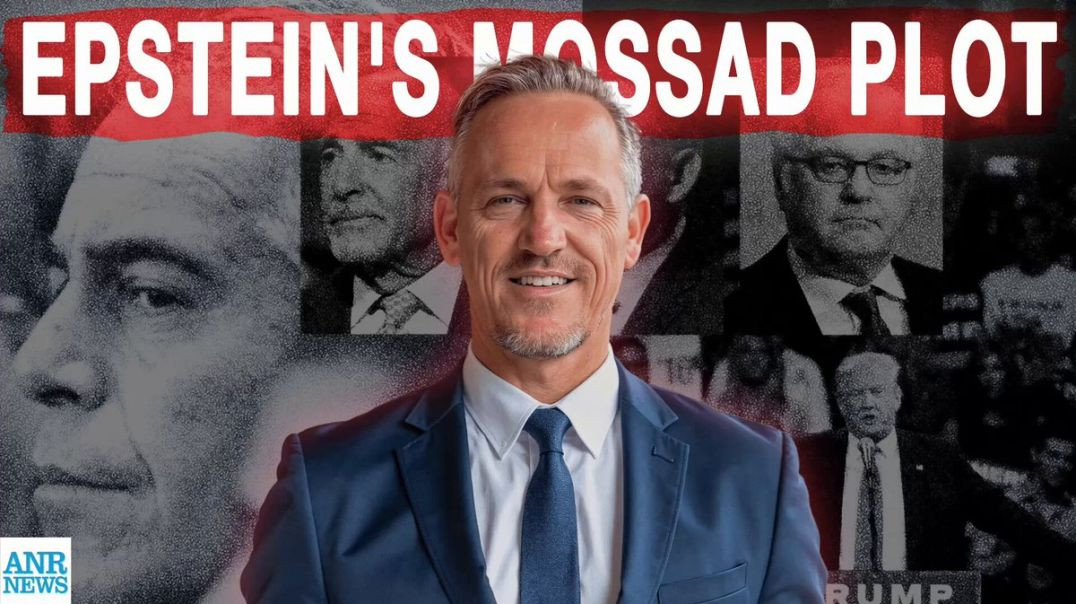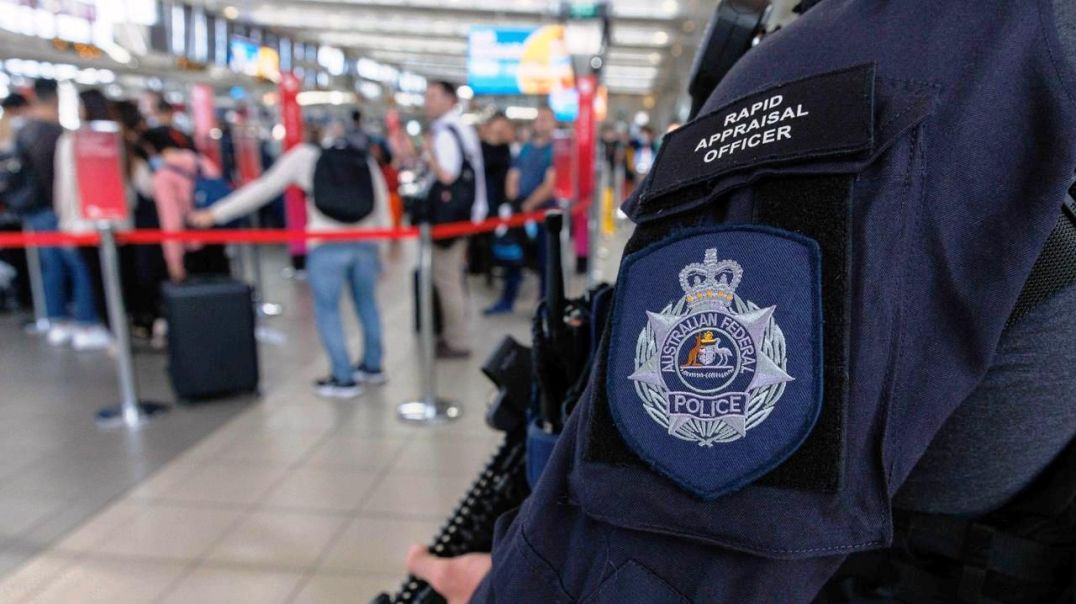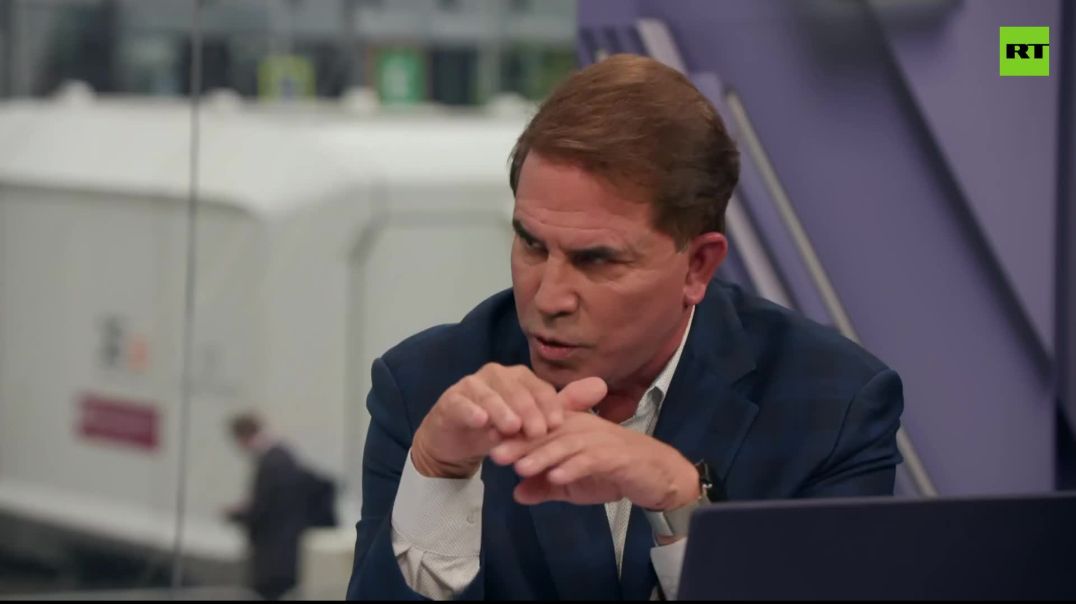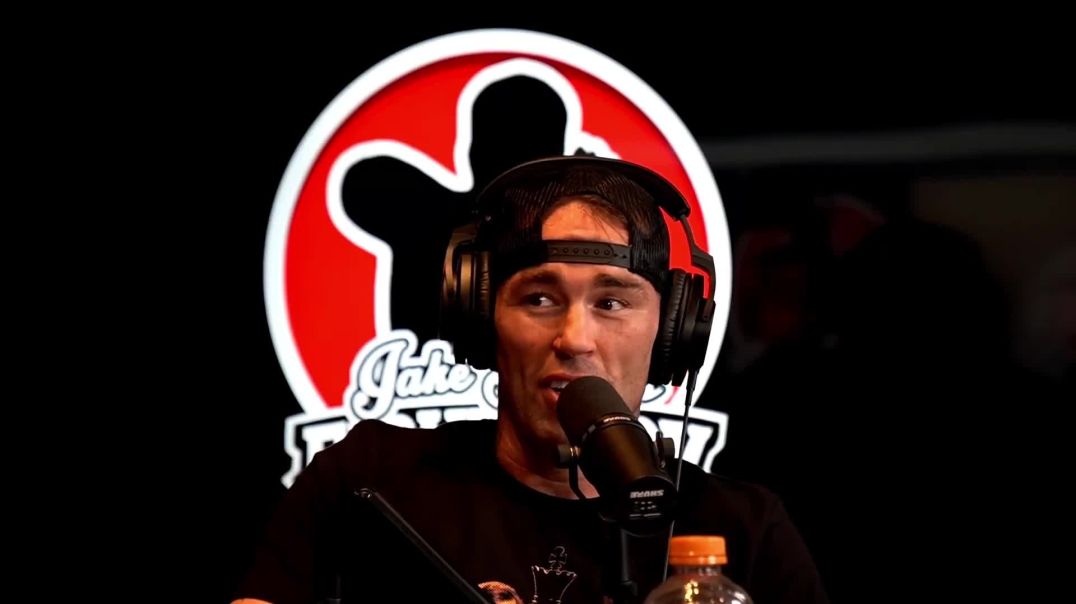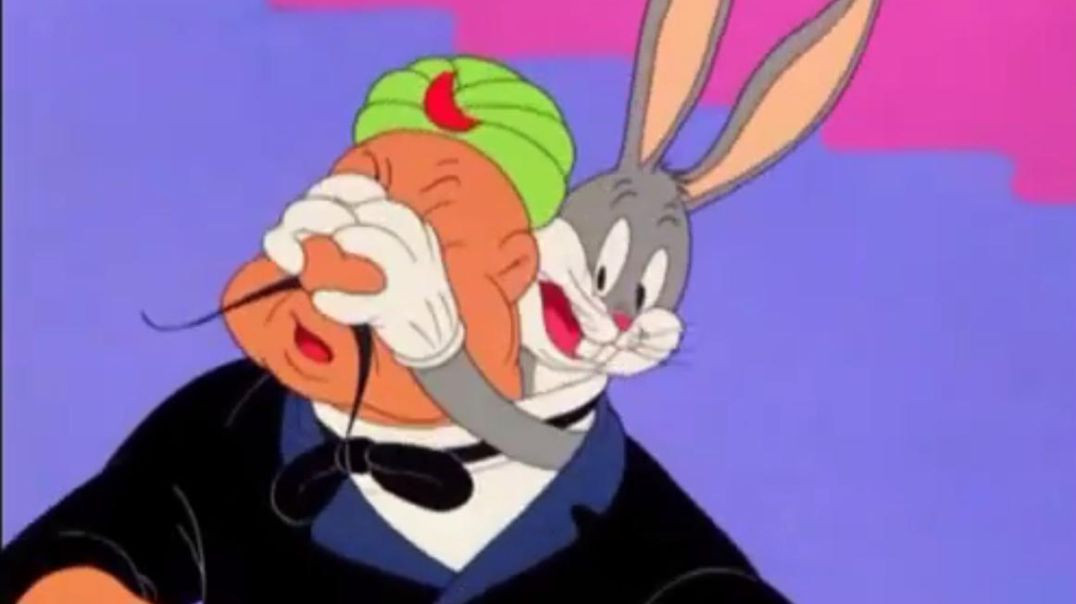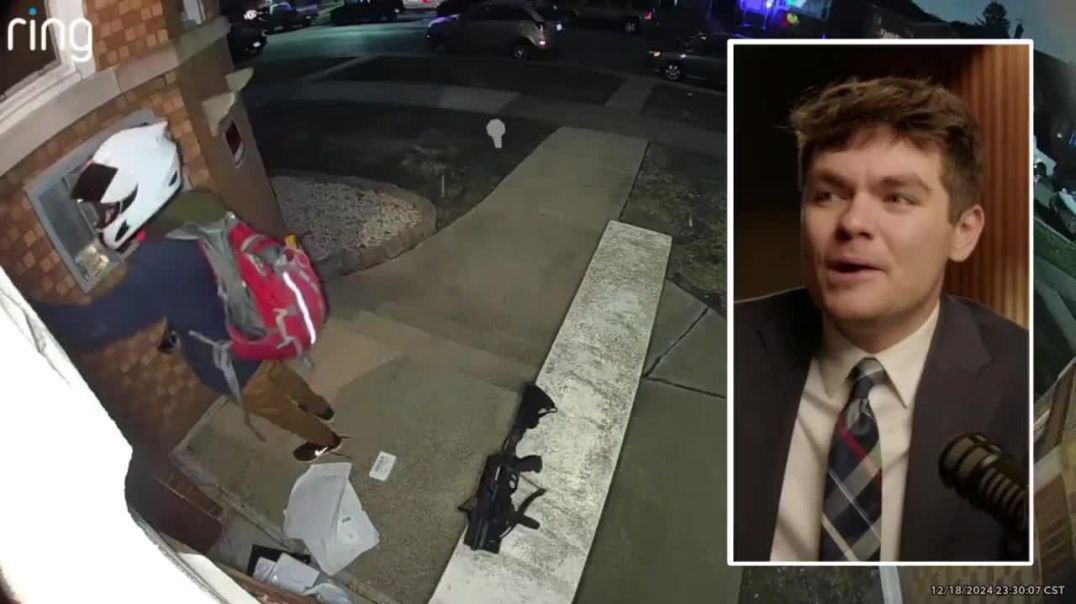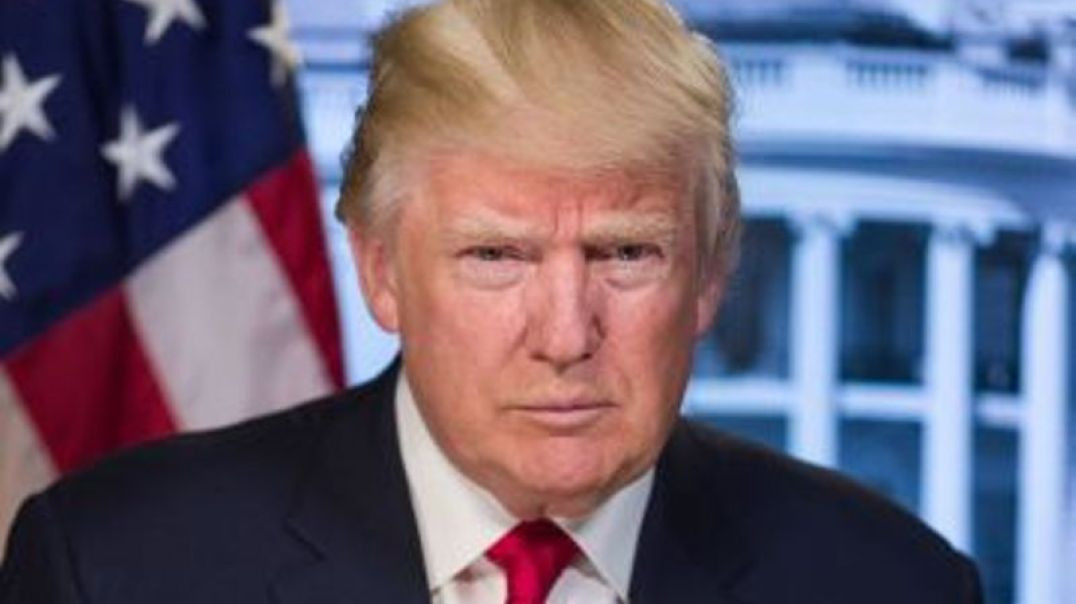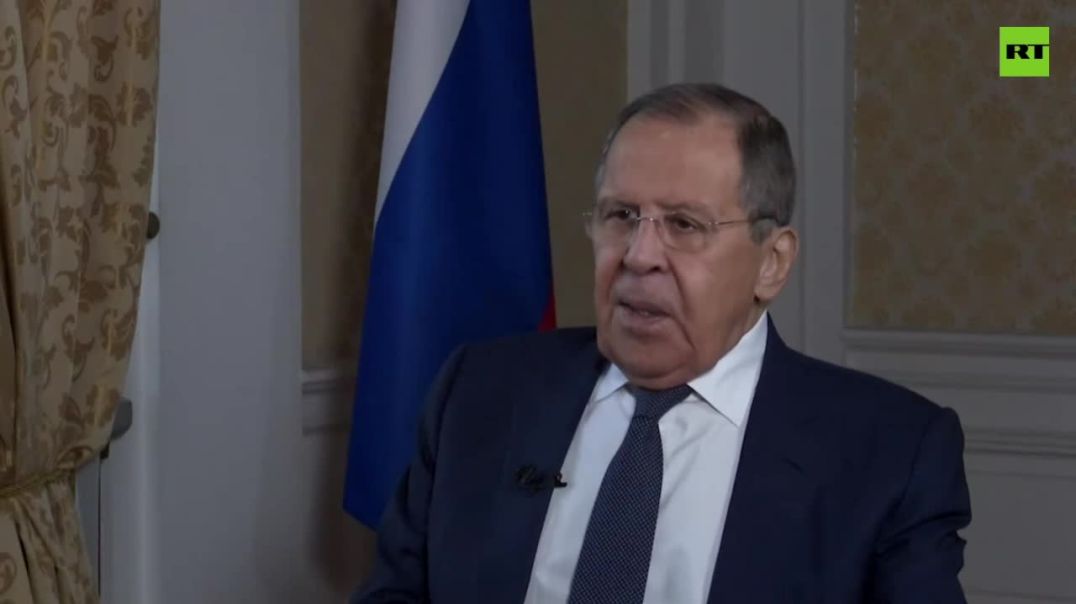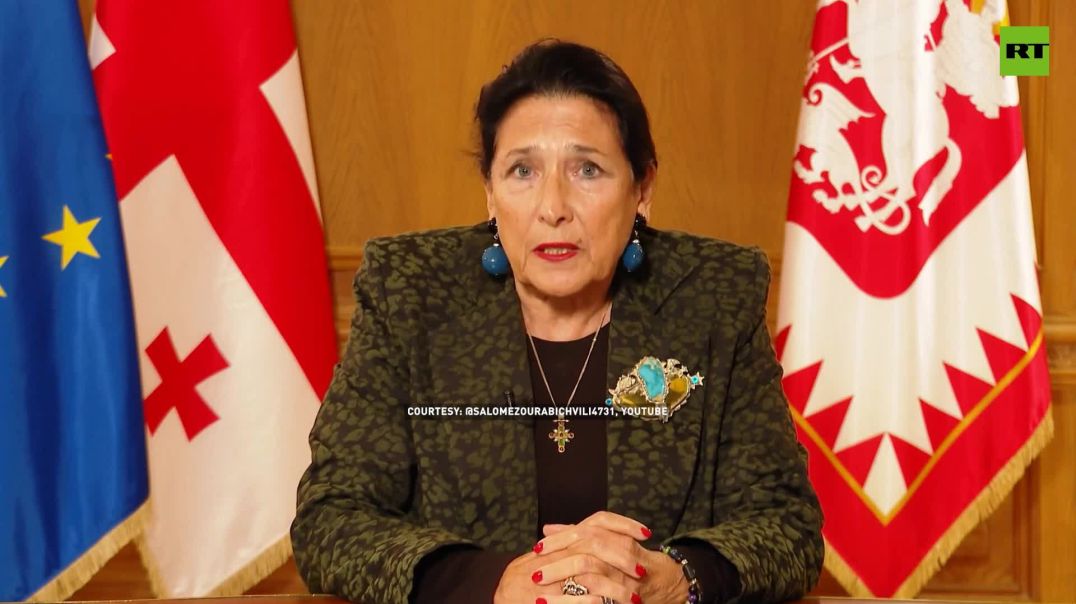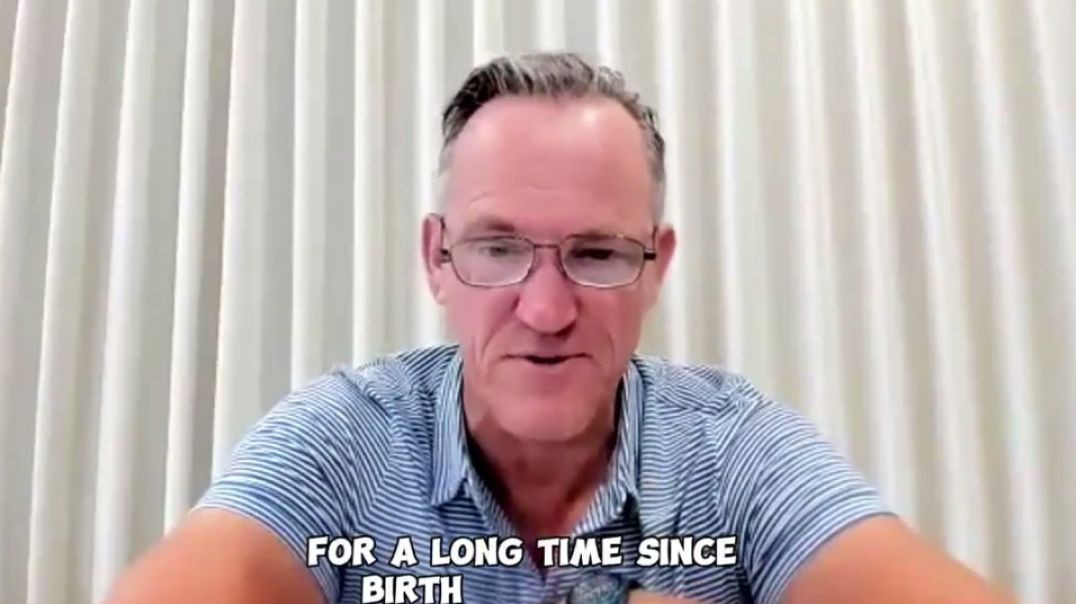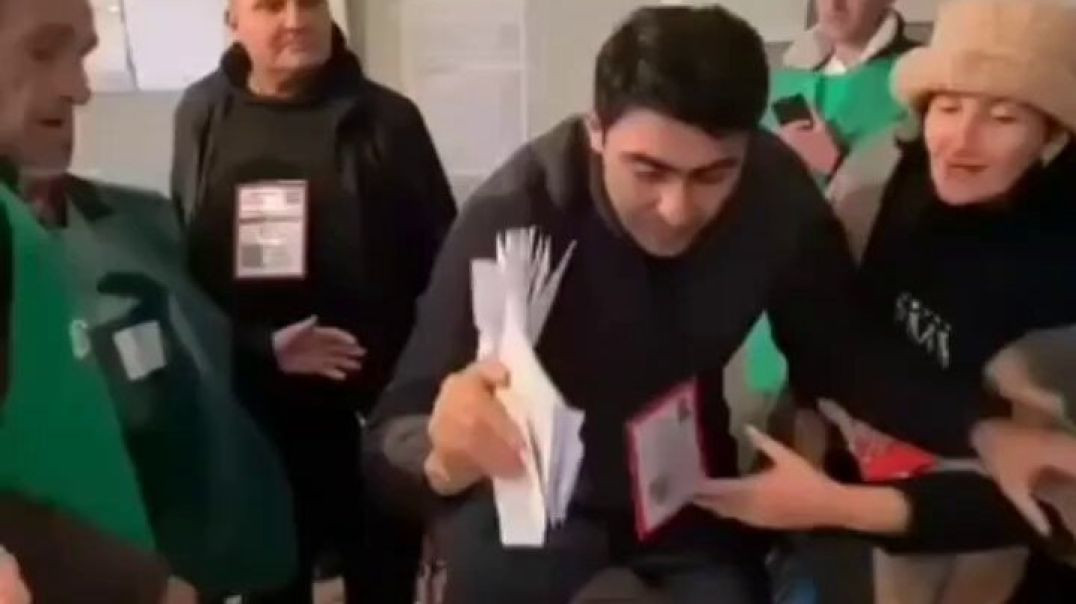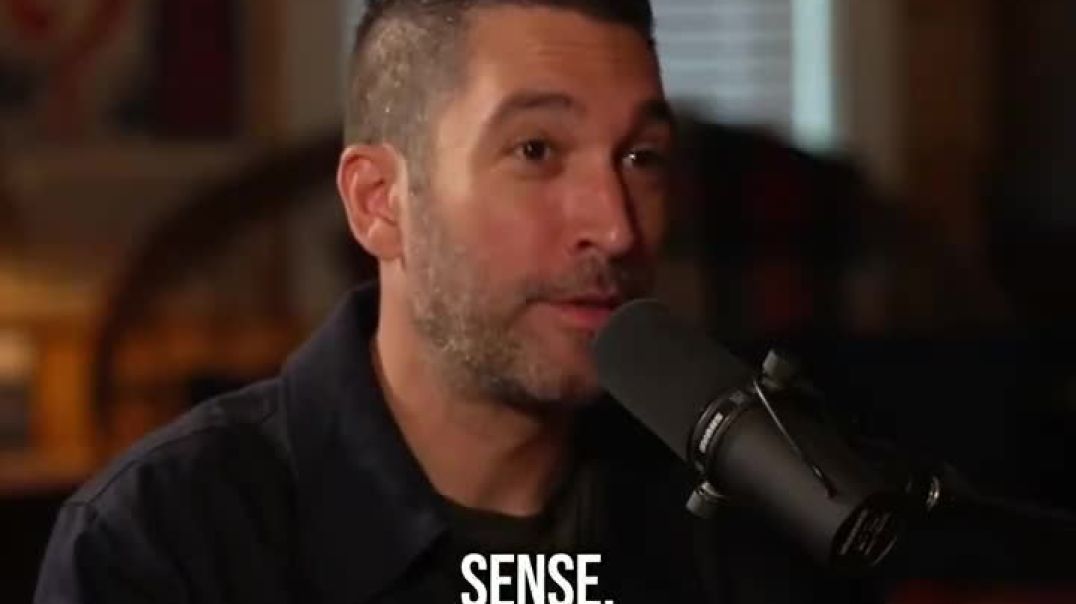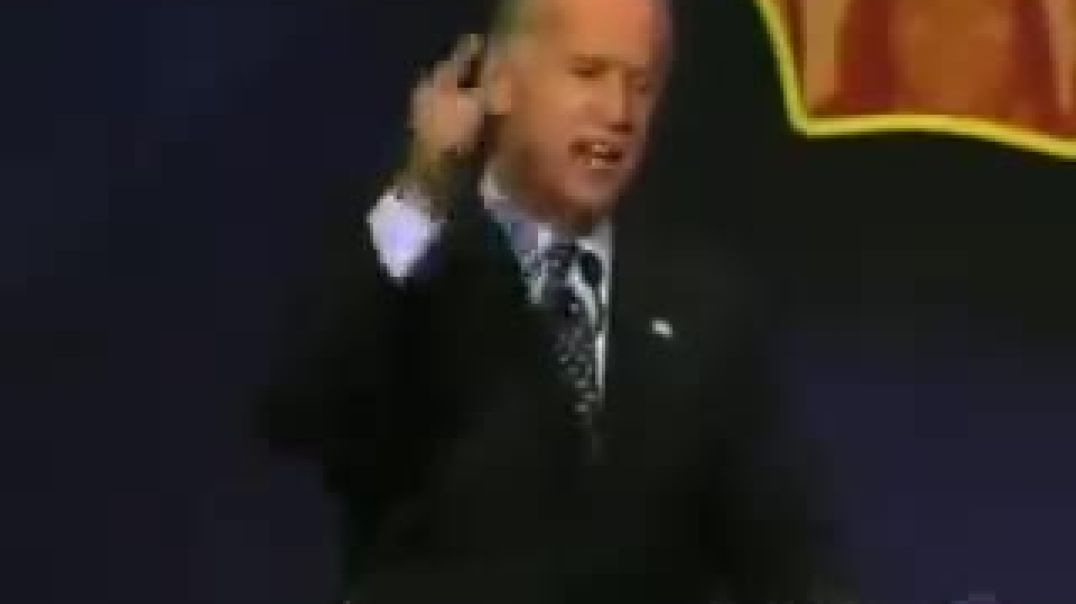Please donate now to help fund our work
- Film & Animation
- Music
- Pets & Animals
- Sports
- Travel & Events
- Gaming
- People & Blogs
- Comedy
- Entertainment
- News & Politics
- How-to & Style
- Non-profits & Activism
- McIntyre Report
- Jamie McIntyre uncensored
- RAW Report
- Candace Owens
- Steve Kirsch
- Tucker
- Bongino
- Elon musks
- Alan Jones Australia
- RT News
- Wayne Crouch Show
- Other
The Leo Frank Case: Chapter 20 Of 22 - Inside Story of Georgia's Greatest Murder Mystery
Frank took the stand Monday afternoon and gave the most remarkable testimony ever given in a Georgia criminal court. He spoke for three short pauses, interrupted twice by Lawyer Dorsey, and once for a sip of water. When he finished speaking, his voice was so clear that the audience gasped. After Frank's argument, the courtroom fell into complete silence for ten seconds, then almost simultaneously broken by Leo Frank's sobbing and Arnold's terse dismissal order. Defendant left the stand with the same restraint and brisk pace that he had entered the stand four hours earlier.
He returned to his position again between his wife and mother, her mother cradling her arms and sobbing on his shoulder. He tried to comfort her with her tender affection, and her mother held her son's head in her hands and she kissed him passionately. When Frank was taken away by the sheriff, he was still convulsing. Leo Frank has been cool since he was born in Paris, Texas, and he's mastered that skill. He solved complex mathematical problems in his head. He briefly recounted his life, recounting how he attended school in Brooklyn, attended college, founded the National Pencil Company, and traveled to Europe to learn how to make pencils.
He recounted his actions on the day of his alleged murder of Mary Phagan, contradicting the testimony of the black Jim Conley, whose testimony brought him closer to the gallows. He also refuted CB Dalton's affidavit stating that two women had come to his office for immoral reasons. Frank told his story as he left the booth and explained the work involved in preparing the factory's weekly financial report. This was part of a circumstantial alibi. He argued about numbers and calculated intelligently as if he were not carrying the burden of life.
On Saturday, April 26, the narrator woke up between 7:00 and 7:30 am and arrived at the Forsyth Street factory around 8:30 am. In the front office they found Mr. Holloway, the day shift, and Alonzo Mann, a clerk. Maddy Smith asked the narrator for salary envelopes for himself and her sister-in-law, who went to her safe, unlocked her and gave her the two envelopes she needed. Mr. Darley leaves the factory with the narrator at 9:35 or 9:40 on Mondays and stops at the corner of Hunter and Forsyth streets for a drink at Cruickshank and the Soda Water Found, followed by the narrator. bought a pack of his favorite cigarettes there. After drinking, they chat for a while, and the narrator lights a cigarette as he walks in one direction and bids farewell.
The narrator addresses Mr. Sig Montague, the manager of the company, and Miss Hattie Hall, a pencil company stenographer who lives with the Montague brothers. Arriving at Forsyth Street, the narrator sees Mr. Holloway and Mrs. Arthur White, the two girls who worked upstairs, and two gentlemen, one Mr. Graham and the other a boy named Earl. meet my father Mr. Burdette, who was involved in trouble during lunchtime the day before, was taken to the police headquarters. The narrator gives his two fathers the required wage envelopes and talks about the difficulties the sons encountered the day before. The narrator then calls Miss Hattie Hall, dictates what mail to give her, and she finishes her work and leaves at the 12:00 whistle.
The most important detail of this text is what happened after Miss Hall left the office. A little girl named Mary Phagan came into the office and asked for her pay envelope. She came in with Leme Quinn, the factory manager, and told her foreman that she could not be kept out of the factory even if it was a holiday. The foreman asked if Mr. Schiff had come down, but he replied that the foreman had not. The foreman then asked if Mr. Schiff had come down, to which he replied that the foreman had not. Afterwards, the foreman asked if Mr. Schiff had come down, but the foreman replied that he had not. The narrator called her home and asked when her wife and her mother-in-law were going to the matinee. Minola answered the phone and said she would have lunch soon.
The narrator then gathered the papers and went upstairs to meet the boys on the top floor. When they arrived there were Mr. Arthur White, Mr. Harry Denham, and Mr. White's wife. The narrator asked them if they were ready to leave, saying they were preparing some work. The narrator asked her if she was going to lock down the factory, or if she was going to stay there. The narrator went downstairs, collected the papers, locked the desk, washed his hands, put on his hat and coat, and locked the inner office door and the door to the street.
From the moment the first whistle blew at 12:00 p.m., the narrator did not leave the company office until 12:45. Perhaps the narrator went to the bathroom to answer nature's call. Because when the vault door was open, like on that morning, it was impossible to see inside the vestibule.
As Frank was walking home from work, he heard a clock chime outside. He went to his office, opened the safe and desk, and began working on his financial reports. When he returned to his office, he noticed security guard Newt Lee coming down the stairs. He offered bananas in a yellow bag, but Frank declined. He said he could go for an hour and a half if it was convenient for him, but he would be back at 06:30 pm.
He went down the stairs leading outside and Frank went back to his office. The most important detail in this text is the details of Frank's duties at the factory. He had to search the entire building every half hour and stamp his time card. He was also responsible for guarding and locking the back door, as well as powering the electricity during fires. He was also responsible for removing the watch strip from the watch and replacing it with a blue ink watch with a rubber date stamp of April 28 on the underside opposite the word "Date".
While doing laundry, he heard Newt Lee ring the clock, recorded the first blow of the night, and went downstairs to the porch to await his departure. The narrator went down the stairs, put on his hat and coat, and walked down the stairs to the front door. When they opened the door, they saw Newt Lee conversing with J.M. Gantt, who had been fired from the company two weeks earlier. When the narrator asks Gantt what he wants, Gantt replies that he has shoes in the mailroom. The narrator tells Newt that it's okay to let Gantt inside, and Gantt walks in while Newt Lee closes and locks the door behind him.
The narrator then walks down Forsyth Street to Alabama, down Alabama to Broad Street, where she posts two letters, goes to Jacob's Store, Whitehall Store, Alabama Street Store, and soda. I drank drinks from the machine and bought my wife a box of candy. The narrator was awakened by the ringing of the phone before 7:00 am. Sunday, April 27th at 12:00 am. Town detective Stearns identified him as Mr. Frank, president of the National Pencil Company, and asked him to come to the factory at once. The narrator was getting dressed for the people who were picking them up in the car. When the car arrived, the narrator's wife went down the stairs to open the door. She wore a nightgown and a robe over it.
As Ankh was walking home from work, he heard a clock chime outside. He went to his office, opened the safe and desk, and began working on his financial reports. When he returned to his office, he noticed security guard Newt Lee coming down the stairs. He offered bananas in a yellow bag, but Frank declined. He said he could go for an hour and a half if it was convenient for him, but he would be back at 06:30 pm.
He went down the stairs leading outside and Frank went back to his office. The most important detail in this text is the details of Frank's duties at the factory. He had to search the entire building every half hour and stamp his time card. He was also responsible for guarding and locking the back door, as well as powering the electricity during fires. He was also responsible for removing the watch strip from the watch and replacing it with a blue ink watch with a rubber date stamp of April 28 on the underside opposite the word "Date".
While doing laundry, he heard Newt Lee ring the clock, recorded the first blow of the night, and went downstairs to the porch to await his departure. The narrator went down the stairs, put on his hat and coat, and walked down the stairs to the front door. When they opened the door, they saw Newt Lee conversing with J.M. Gantt, who had been fired from the company two weeks earlier. When the narrator asks Gantt what he wants, Gantt replies that he has shoes in the mailroom. The narrator tells Newt that it's okay to let Gantt inside, and Gantt walks in while Newt Lee closes and locks the door behind him.
The narrator then walks down Forsyth Street to Alabama, down Alabama to Broad Street, where she posts two letters, goes to Jacob's Store, Whitehall Store, Alabama Street Store, and soda. The narrator drank drinks from the machine and bought my wife a box of candy. The narrator was awakened by the ringing of the phone before 7:00 am.
On Sunday, April 27th at 7:00 am., town detective Stearns identified him as Mr. Frank, president of the National Pencil Company, and asked him to come to the factory at once. The narrator was getting dressed for the people who were picking them up in the car. When the car arrived, the narrator's wife went down the stairs to open the door. She wore a nightgown and a robe over it.
The narrator follows his wife downstairs and asks what's wrong. Two witnesses, Mr. Rogers and Mr. Black, disagree with the narrator as to where the conversation took place. They ask the narrator if he knows Mary Phagan, a girl who works at the dump, and want the narrator to come with them to the factory. The narrator finishes dressing her, accompanies her to her car, and hurries to her funeral home. They then take the narrator to the funeral home, where one of the two asks the guard to show him the way inside the corpse. An important detail in this document is that the Director walked with Mr. Rogers and Mr. Black through a long, dark corridor before arriving in a small room containing the body of a little girl. When the guards pulled out the cloth, they found a deep scar on his forehead above his left eye, a string around his neck, and a piece of white cloth. After examining her body, the director confirmed that the girl was the one who woke up the previous afternoon to receive the money. They then left the premises and drove to the pencil factory, where Frank talked through the factory about the chip. This passage tells the story of Frank going to the police station and then returning home. After dinner, he took a 10-minute drive downtown on Georgia Avenue, entered Undertaker Bloomfield, and saw a large crowd near outside. Once he was inside, he found quite a few people working in the pencil factory, including Mr. Herbert Schiff, Nevada. Darley, Wade Campbell, Alonzo Mann, Mr. Spielter, Mr. Vijinci. He talked to them for a few minutes and noticed that people were lining up to see the bodies, and some were coming in from the factory. He queued back to his room and remained in the morgue for several minutes. There the girl was swept clean, her hair perfectly tidy and straightened, and the rest of her body covered with a clean white sheet. He returned to the front of the company and chatted with Herbert Schiff and Mr. Vijinci. Mr. Darley, Mr. Schiff and Mr. Frank visited police headquarters and Chief Rumford's office to speak with Newt Lee. Investigators showed them two notes, an unused scrap of paper, and a pencil they said they found in the basement near the body. Citing attempts to decipher the notes, Frank said he went to the police station on Monday, where he questioned investigators. He also said he was taken to a pencil factory and found blood on the floor of the metal room. Frank also said he kept Harry Scott with him.
The narrator recounted his actions on Tuesday when he was arrested at a pencil factory and taken to the police station. Detective John M. Stearns obtained a sample of his handwriting by dictating to the narrator using the original notes found near the body. At midnight, Detectives Scott and Black walked in and asked the narrator to speak. They raised the possibility that the couple were ushered into the factory at night by the night watchman Newt Lee. The narrator said he had never spoken alone with Mute Lee, and if he had, he would have ended the story long ago.
Black then told the narrator that he could tell him everything he knew about the events at the Pencil Factory that Saturday night, or they would both go to hell. The most important details of this text are the allegations and allegations made against the defendant during the trial. These included the fact that the defendant did not want to speak to investigators; including the fact that they were taken to The defendant always answered the investigator openly and frankly, and generally discussed the matter with the investigator on the basis of his knowledge. Further, on Monday morning, without anyone picking up the defendant, he was taken to the office building, factory, and headquarters to answer all questions and discuss the matter generally.
On Monday and Tuesday, the narrator answered questions from police officers and made statements. At midnight, they decided to talk to the narrator, who was still going to help them. On May 3, Detectives Black and Scott came to the narrator's cell, wanting to speak to him alone with no friends around. The narrator decided to stay away from them and didn't want to have anything to do with them. On May 4, Detectives Black and Scott came to the narrator's cell, wanting to speak to him alone with no friends around. An important detail in the document is that Mr. Frank is an honorable soul and is suspicious of Mr. Darley, who could not have committed such a crime. Mr. Black tweeted and said nothing was done. This shows how much a person can trust either the town detective or the Pinkerton detective. Frank denied suggestions that he knew Conley could write and he had not told authorities. This shows how much a person can trust either the town detective or the Pinkerton detective.
A jury was sent, and attorney Rosser argued that states should show only general character. Attorney Dorsey replied that while the state cannot bring a specific lawsuit, the defendant's statement that he never had a woman in his office cast doubt on that stage of his character. Attorney Rosser disagreed, arguing that witness testimony was submitted to the defense and that James Conley's testimony was refuted. Judge Roan ruled that testimony was admissible if it contradicted the testimony of one of the defense witnesses. Attorney Rosser responded to the ruling by requiring the defense witness to be brought back to the table for cross-examination before the lawyer can testify inconsistently with the defense witness. The jury returned to court and Miss Griffin remained on the witness stand. The most important detail in this document is the three witnesses who testified against Leo M. Frank. When the first witness, Miss Myrtice Cato, was asked if she knew Frank's general character about women, she said "no." second witness, Mrs. Asked if he knew Frank's general personality when it comes to relationships, C.D. Donegan said, "No." Third witness, Mrs. H.J. Johnson was asked if she was aware of Frank's general reputation for women, but she didn't say much.
The defense was unable to cross-examine all but addresses. Dorsey said one of the women was willing to testify that Frank made a lewd proposal to her in her private room and used a wrench before fleeing her room. Dewey Hewell, who was brought to Atlanta from the Good Shepherd's home in Cincinnati, said Frank knew Mary Phagan and saw him conversing with her. Witnesses were asked how often they spoke with Mary Phagan and how often they put their hand on her shoulder. He called her Maria, and stood near her when she spoke.
On the afternoon of Wednesday, August 20, both sides were taking a break, and it took less than an hour to submit the rebuttal. Witnesses and doctors' testimony contradicted Dr. Harris and pawnbroker Nathan Sinkowitz vowed that M.E. McCoy pawned his watch in January and that it would remain his property until August. Some disputed the tram driver's statement that little George Epps was not with him when he came into town on the day Mary died.
